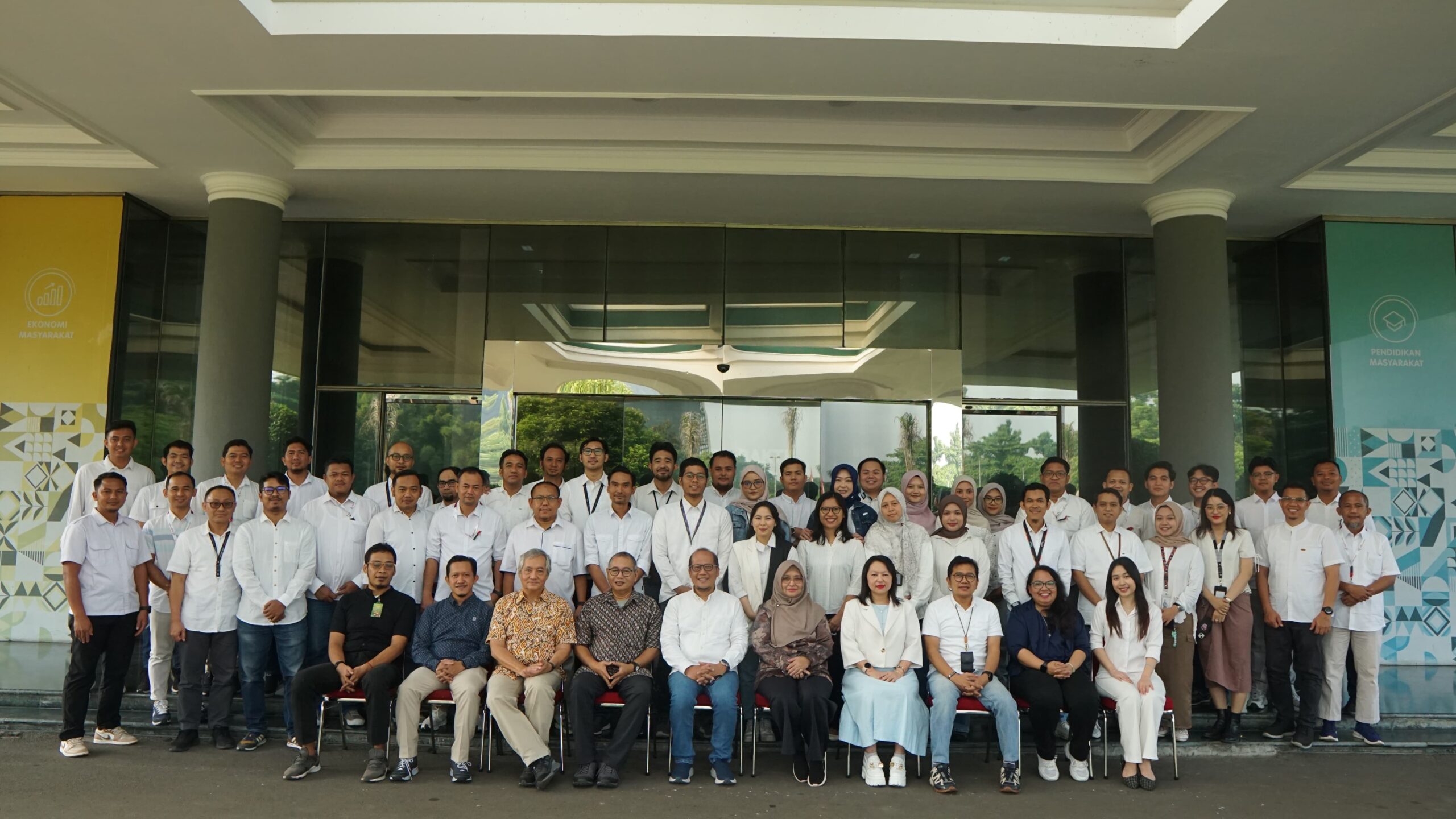Sustainable Business Begins with Human Rights: CRU Indonesia Facilitates Human Rights Due Diligence Training for PT Astra Agro Lestari
 12 September 2025
12 September 2025
Building employee capacity to understand and prepare for the implementation of Human Rights Due Diligence (HRDD).
How can a company remain competitive in the global market while ensuring its business practices align with respect for human rights? This question is becoming increasingly relevant as sustainability demands intensify.
In response, PT Astra Agro Lestari (PT AAL) collaborated with CRU Indonesia to host a training on the Implementation of Human Rights Due Diligence (HRDD) on July 22–23, 2025, in Jakarta. The training aimed to equip employees with foundational knowledge on human rights and practical skills for integrating HRDD into the company’s operational practices. This event was part of a broader training series that began on July 21, 2025.
HRDD: From Compliance to Strategy
HRDD is not merely about regulatory compliance. It is a strategic instrument to strengthen operational systems, foster constructive stakeholder relationships, mitigate reputational risks, and enhance global competitiveness. It represents a tangible step in applying sustainable principles.
PT AAL has demonstrated a strong commitment to sustainability and human rights in palm oil production. Since 2021, the company has worked with CRU Indonesia to review its human rights policies and practices. This collaboration continued with the development of an HRDD framework that is both contextual and adaptive to international standards, including the UN Guiding Principles on Business and Human Rights (UNGPs), the OECD Guidelines for Multinational Enterprises, and the RSPO Principles & Criteria.
A First Step Toward Implementation
This training served as an initial capacity-building process for PT AAL’s Dedicated Team—a cross-divisional group responsible for driving HRDD implementation, from human rights risk mapping and mitigation strategy development to stakeholder engagement.
The program brought together 47 team members from diverse divisions, including Sustainability, Community Development, Internal Audit, Human Capital, Safety, Health and Environment (SHE), Smallholder Partnerships, Legal, and RSPO/CSR Sustainability Assistants. Participants came not only from the head office but also from four subsidiaries: PT Perkebunan Lembah Bhakti (Aceh), PT Tunggal Perkasa Plantations (Indragiri Hulu, Riau), PT Kimia Tirta Utama (Riau), and PT Mamuang (West Sulawesi).
Training Dynamics
On the first day, July 22, 2025, participants explored the interconnections between business and human rights, the HRDD cycle within business operations, and risk analysis of potential human rights issues in the company’s activities. The session concluded with guidance on HRDD implementation tailored to PT AAL’s framework.
The second day, July 23, 2025, focused on the final stages of HRDD: data collection by independent assessors, reporting, and remediation. By the end of the session, participants gained a comprehensive understanding of how field findings are translated into concrete recommendations for improvement.
CRU Indonesia employed an experiential learning approach to ensure that participants not only absorbed theoretical concepts but could also apply them to real-world contexts within their respective units. This was achieved through a combination of presentations, discussions, case studies, and simulations. For instance, participants analyzed human rights risks in the palm oil supply chain, simulated the identification of potential violations, and developed preliminary recommendations. These exercises helped prepare them to face the practical challenges of HRDD implementation.
Moving Forward
This training marked an important first step for PT AAL in integrating human rights into its operations and supply chain. Such efforts are expected to strengthen fairer, more inclusive, and sustainable business practices.
The initiative is part of CRU Indonesia’s broader mission to support companies across Indonesia in becoming better prepared to meet sustainability requirements—both nationally and globally.
Photo: CRU Indonesia’s documentation.
